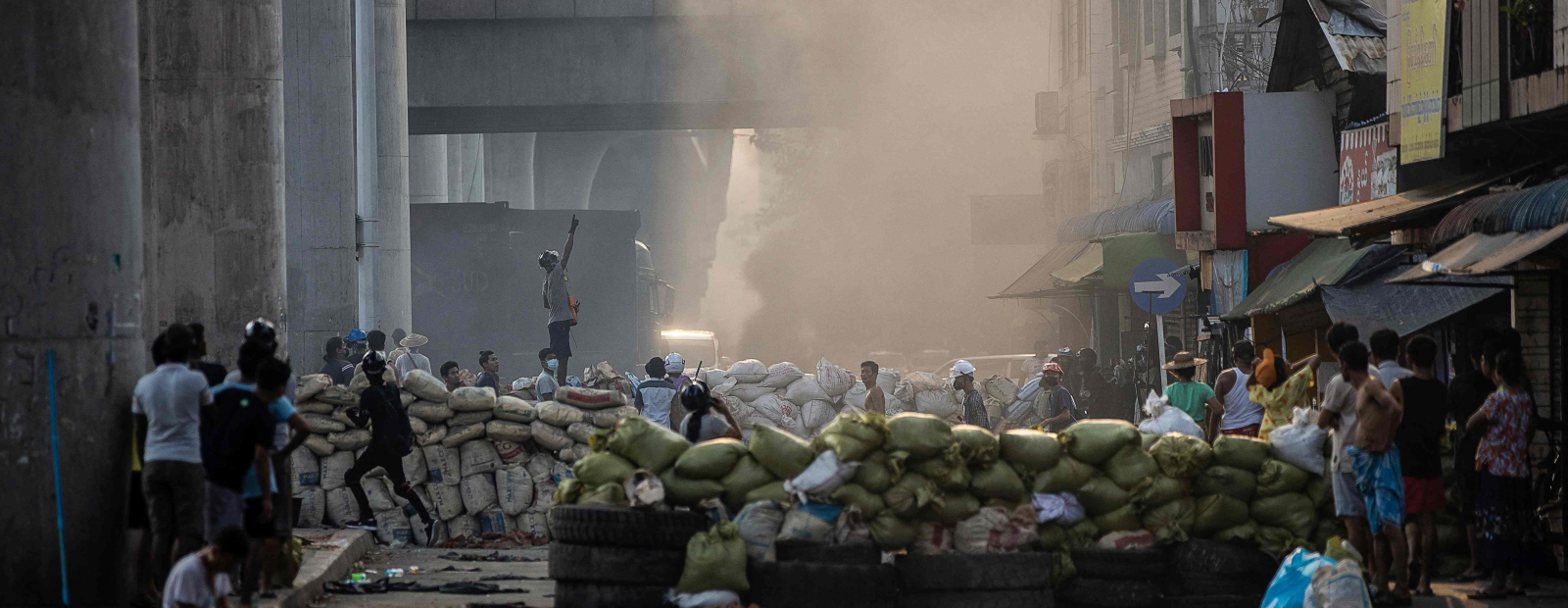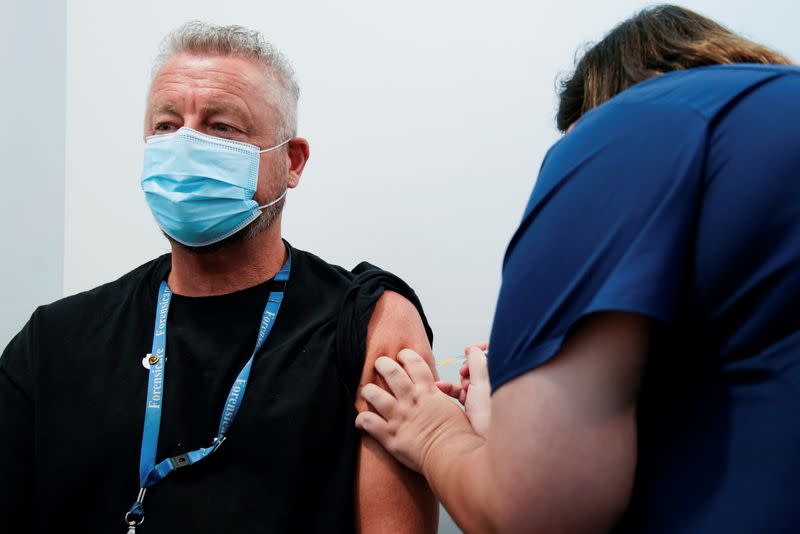The controversial Comprehensive Security Bill has brought dozens to the streets thousands of people since the end of 2020. Adopted by the National Assembly, it is examined from this Tuesday March 16 in public session in the Senate. However, before that, in committee, the senators somewhat modified the text. In particular the famous article 24 which prohibits the dissemination of images “or any other element of identification” of the police officers and gendarmes in intervention with the aim of attacking their “physical or psychic integrity”. Thus raising fears that any dissemination of images of the police will become punishable.
The version voted on by the deputies amended the 1881 law on freedom of the press. The senators propose, them, not to touch this law but to create in the Penal Code an offense not sanctioning the diffusion of images, but “the provocation” with the clear aim of harming an agent of the forces of the ‘order. This offense would then be punished by five years’ imprisonment and a fine of € 75,000.
On the left, senators are still calling for this article to be deleted.
No dissemination of images by the police
Another modification made by the senators: if they approved in committee that the police and gendarmes use mobile cameras more easily, on the other hand, they were opposed to the police broadcasting intervention images in the media and social networks. We don’t want a war of images. If we accept that, in ten years, it will be like in the United States: the broadcasting of live images by the police. There is no question of the Ministry of the Interior becoming a press organ
, insists the centrist senator Loïc Hervé. Senators are disconnected from the media, ideological and political war launched against the police
, castigates Linda Kebbab, national delegate of the SGP-FO Unity Union.
A more supervised use of drones
Another controversial article: article 22 provides for “a legal regime” for the use of drones for surveillance purposes. But the CNIL (National Commission for Informatics and Freedoms) felt that the text did not sufficiently protect the rights of individuals. The senators therefore want to limit this surveillance to the most serious offenses or to the most difficult to access places … We have also provided for a control mechanism by prefects and prosecutors
, specifies Loïc Hervé.
Armed police in concert halls?
Finally, article 25 should, too, be much discussed. It authorizes the police and gendarmes who carry their weapons outside their working hours, to use them in places open to the public (theaters, cinema, shopping centers, concert halls, etc.). During the debates in the National Assembly, the LREM deputy Jean-Michel Fauvergue, former boss of the Raid, had mentioned the massacre at the Bataclan of November 13, 2015. Among the spectators of the concert, there were three policemen
in the room, they could not intervene […] entry with the service weapon was prohibited, because there was a search
.
Since that date, police officers and gendarmes can carry their weapons outside of working hours, but entry into a place open to the public may however be refused. Bringing weapons into a party space is extremely dangerous. A weapon that is inadvertently uncovered could have dramatic consequences
, insists the National Federation of Schools of Jazz and Contemporary Music Influence. The latter also believes that our teams and our private security agents are absolutely unable to check the validity of a potentially falsifiable police card. Nothing could be simpler, therefore, for those who would like to commit a mass killing
.
Debate is necessary
, agrees Senator Loïc Hervé.
– .


